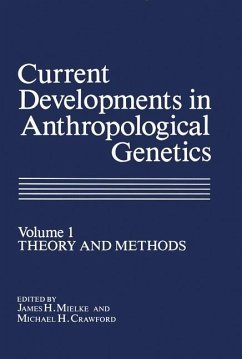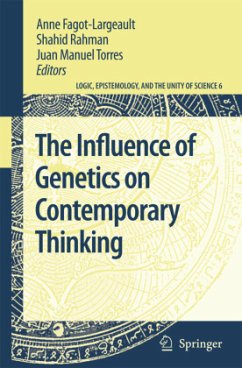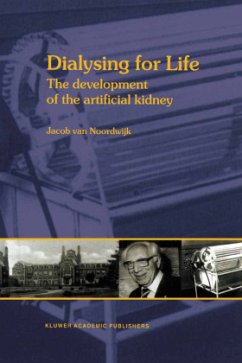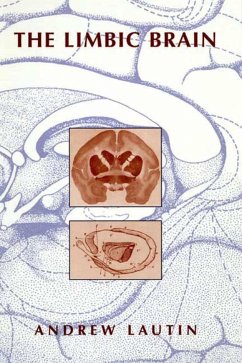
Psychiatry in an Anthropological and Biomedical Context
Philosophical Presuppositions and Implications of German Psychiatry, 1820-1870
Übersetzung: Richards, L.

PAYBACK Punkte
20 °P sammeln!
In the period between about 1820 and about 1870 German psychiatry was born and reborn: fust as anthropologically orientated psychiatry and then as biomedical psychiatry. There has, to date, been virtually no systematic examination of the philosophical motives which determined these two conceptions of psychiatry. The aim of our study is to make up for this omission to the best of our ability. The work is aimed at a very diverse readership: in the first place historians of science (psychiatry, medicine, psychology, physiology) and psychiatrists (psychologists, physicians) with an interest in the...
In the period between about 1820 and about 1870 German psychiatry was born and reborn: fust as anthropologically orientated psychiatry and then as biomedical psychiatry. There has, to date, been virtually no systematic examination of the philosophical motives which determined these two conceptions of psychiatry. The aim of our study is to make up for this omission to the best of our ability. The work is aimed at a very diverse readership: in the first place historians of science (psychiatry, medicine, psychology, physiology) and psychiatrists (psychologists, physicians) with an interest in the philosophical and historical aspects of their discipline, and in the second place philosophers working in the fields of the history of philosophy, philosophy of science, philosophical anthropology and philosophy of medicine. The structure and content of our study have been determined by an attempt to balance two different approaches to the historical material. One approach emphasises the philosophical literature and looks at the question of the way in which official philosophy determined the self-conception (Selbstverstiindnis) of the science of the day (Chapters 2 and 4). The other stresses the scientific literature and is concerned with throwing light on its philosophical implications (Chapters 1 and 3).












